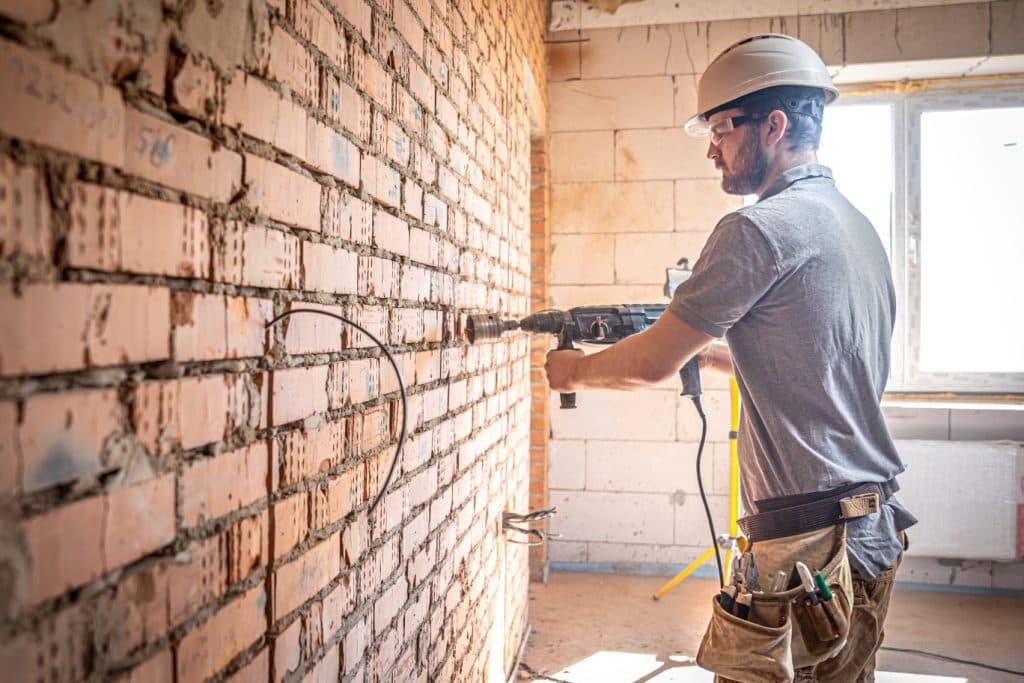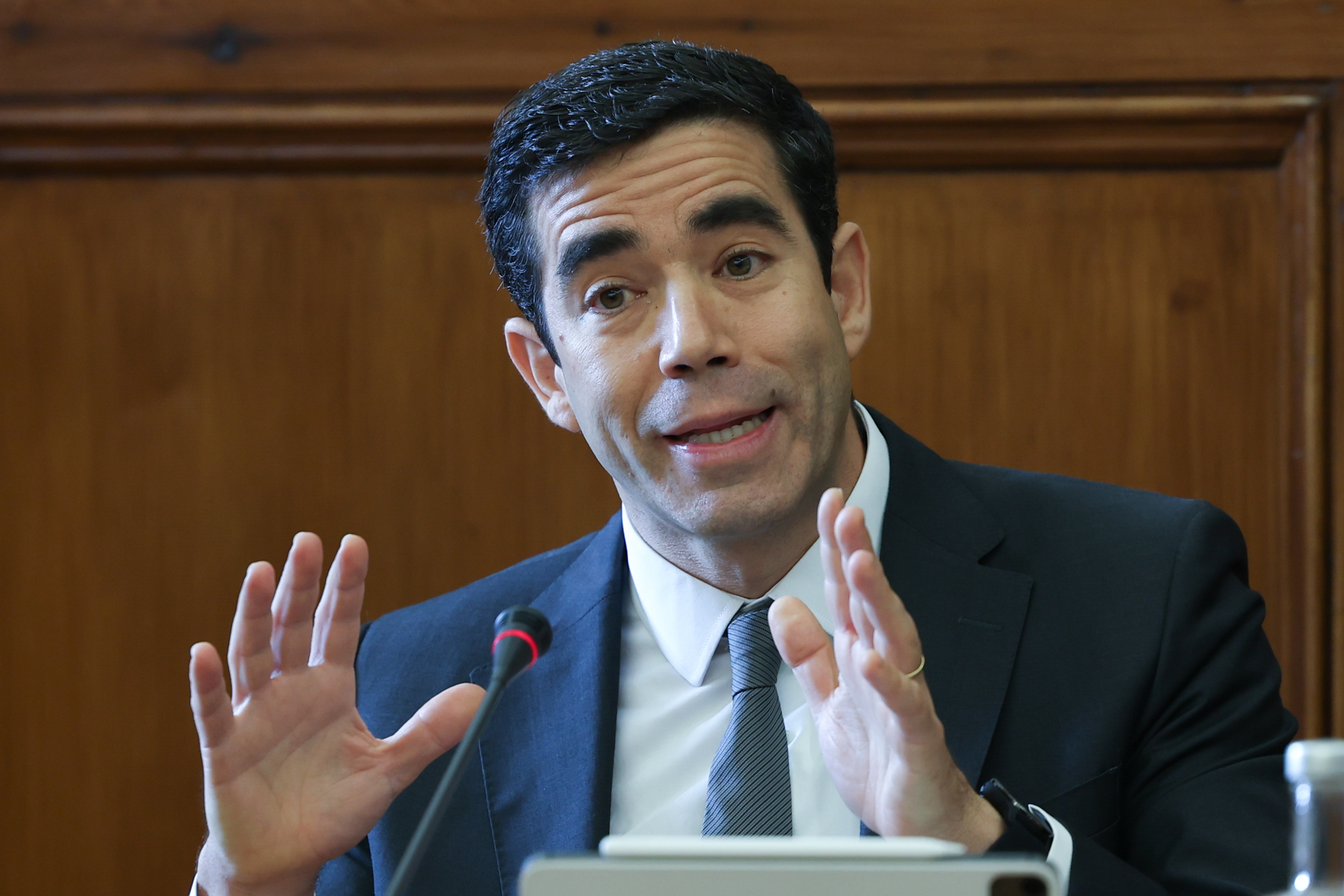In a landmark policy shift aimed at tackling Portugal's housing crisis, the government has officially approved the Strategic Program for the Development of 'Partnerships for Affordable Housing' (Parcerias PAA). This ambitious initiative creates a formal framework for public-private partnerships (PPPs) to construct and rehabilitate housing on state-owned land, signaling a significant opportunity for international investors and developers.
The program's headline goal is to deliver 10,000 affordable rental units across the country by the end of 2035, a move that will profoundly impact the real estate landscape, especially in the high-demand Lisbon metropolitan area. Key Takeaways ✓ Portugal has launched the 'Parcerias PAA' program, a major public-private initiative to develop affordable rental housing on state-owned land.
✓ The program signals a decisive government strategy to leverage private investment and expertise to address the national housing shortage. ✓ With a target of 10,000 new homes by 2035 and backing from the European Investment Bank, the initiative offers a structured, lower-risk entry into Portugal's residential development sector.
✓ This policy shift reflects a maturation of the Portuguese real estate market, creating institutional-grade opportunities in the build-to-rent and affordable housing segments. The program, sanctioned by the Council of Ministers Resolution No. 164/2025, is designed to systematically unlock the value of the state's extensive property portfolio.
By allocating public land for development, the government aims to attract private capital to expand the supply of rental housing at prices accessible to the majority of families. This strategy is not merely about building homes; it's about creating a sustainable investment ecosystem.
The resolution explicitly states the need to select properties 'at a scale adequate to attract investors' and to ensure 'viability conditions necessary for promoting housing at prices below current market rates.' This language is a clear invitation to the private sector, promising a balanced approach where public goals do not eclipse financial sustainability. Crucially, the program is structured to be eligible for financing from the European Investment Bank (EIB) and other financial institutions offering favorable long-term conditions.
This provision for direct financing to the selected private partners significantly mitigates risk and enhances the bankability of projects, making it a compelling proposition for institutional investors who prioritize stable, long-term returns. The initiative represents one of the most significant legal and political developments in Portuguese real estate in recent years, creating a new asset class for investors to consider.
Market Implications for Investors The launch of the Parcerias PAA program is a powerful market signal with far-reaching implications. For foreign investors, it represents a strategic pivot by the Portuguese state towards embracing private sector solutions for public policy challenges.
Market Signal: This program institutionalizes the role of private capital in the affordable housing sector. It moves beyond ad-hoc projects to a structured, nationwide initiative, providing a clear roadmap for investment.
This level of government commitment reduces political and regulatory risk, a key concern for international funds. It also indicates a potential long-term moderation of rental yields in the broader market as new supply comes online, making early entry into this specialized segment attractive.
Investment Opportunity: The scale of the program—10,000 units—is substantial, offering opportunities for large-scale construction and development firms to secure a significant project pipeline. The PPP model allows for a diversified approach, from construction contracts to long-term operation and management of rental portfolios.
The backing of the EIB provides a layer of financial security and a potential cost of capital advantage that is rare in private real estate development. The Program's Strategic Framework The Parcerias PAA is not just a construction plan; it is a comprehensive economic strategy.
The framework is designed to be a win-win: the state achieves its social objective of providing affordable housing, while private partners gain access to prime development land and secure, long-term revenue streams. The government's resolution underscores the importance of ensuring 'due compensation to the public entities that own' the properties, suggesting that the financial mechanics will be fair and transparent.
Need Expert Guidance?
Get personalized insights from verified real estate professionals, lawyers, architects, and more.
This approach acknowledges the limitations of the state acting alone and instead positions it as a facilitator and strategic partner. By managing the land allocation and providing a favorable financing structure, the government is effectively creating a de-risked environment for private investment.
This model is common in more mature real estate markets and its adoption in Portugal is a sign of the market's increasing sophistication. Broader Market Context in Lisbon Nowhere is the need for such a program more acute than in Lisbon.
The capital has been the epicenter of Portugal's real estate boom, with soaring prices driven by tourism, foreign investment, and limited supply. The Parcerias PAA program is a direct response to these pressures and is poised to reshape the market dynamics.
Asset Class Creation: The program will accelerate the development of a professionalized build-to-rent (BTR) sector in Portugal, an asset class that is still nascent compared to other European markets. Geographic Diversification: While many projects will target the Lisbon area, the use of state land could open up development opportunities in peripheral or emerging neighborhoods, contributing to balanced urban growth.
Economic Multiplier Effect: The construction of 10,000 homes will generate significant economic activity, boosting the construction industry and related sectors, creating jobs, and driving GDP growth. Long-Term Stability: For investors, a portfolio of affordable rental properties, supported by a government framework, can offer resilient, counter-cyclical returns, providing a hedge against volatility in other real estate segments.
Investment Considerations Potential investors must approach the Parcerias PAA with a clear strategy. Due Diligence is Critical: While the program provides a framework, each project will have its own specifics. Thorough due diligence on location, development costs, and rental demand will be essential.
Understanding the nuances of the PPP contracts will be paramount, a process that often requires expert legal advice on property acquisition and development law. Focus on ESG: These projects align perfectly with the growing demand for Environmental, Social, and Governance (ESG) compliant investments.
The social impact of providing affordable housing is a powerful narrative for funds and stakeholders focused on responsible investing. Operational Expertise: Success in the BTR sector depends on efficient property management and operational excellence.
Investors will need to partner with or build teams with expertise in managing large-scale residential portfolios to ensure long-term profitability and tenant satisfaction. Future Outlook The Parcerias PAA program is a transformative policy that holds the promise of reshaping Portugal's housing market for the better.
It offers a clear, structured, and financially attractive pathway for private investors to participate in solving one of the country's most pressing social challenges. The initiative's success will depend on the government's ability to execute the tenders efficiently and the private sector's willingness to engage with this new investment model.
As the program rolls out, it will undoubtedly become a central theme in discussions about the future of Portuguese real estate. This forward-thinking blend of public interest and private enterprise marks a new chapter for the sector.
It is a testament to the market's dynamism and its capacity to innovate in the face of complex challenges. For expert guidance on navigating investment opportunities in the Portuguese real estate market, contact realestate-lisbon.com.






